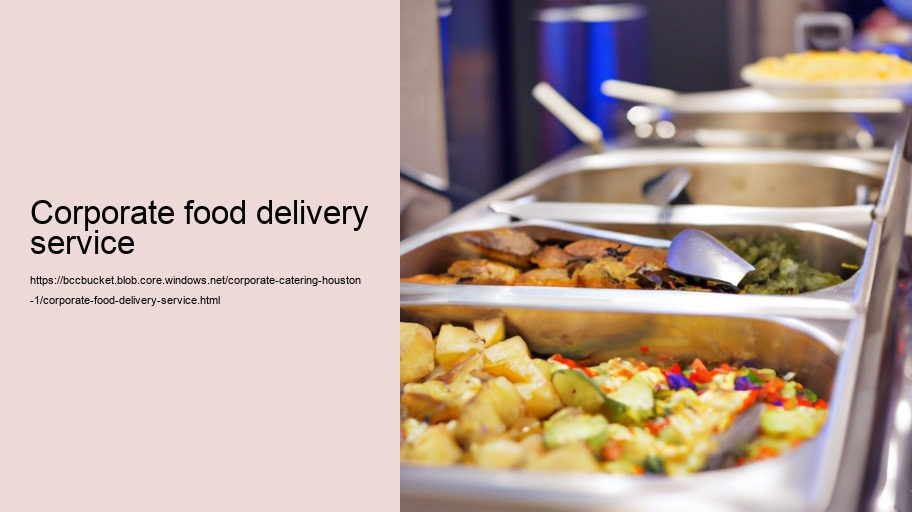Corporate food delivery services have become an integral part of modern business life, providing a convenient solution to the daily challenge of feeding employees. In our fast-paced world where time is a commodity and productivity is paramount, these services offer a way to streamline meal times while promoting a collaborative and hospitable work environment.
The concept of corporate food delivery isn't entirely new; businesses have always sought ways to cater for meetings or special events. However, with technological advancements and the proliferation of delivery platforms, access to a variety of culinary options has never been easier. The rise of these services can be attributed to several factors that align with changing workplace dynamics and cultural trends.
One significant driver behind the popularity of corporate food delivery is the changing nature of work itself. With more demanding schedules and longer hours, employees often find it challenging to step out for lunch or prepare meals in advance. Herein lies the convenience factor: at the click of a button, teams can order food directly to their office. This not only saves time but also ensures that staff remain on-site during breaks, potentially leading to increased productivity.
Moreover, such services cater to diverse dietary preferences and restrictions—offering everything from vegan bowls to gluten-free sandwiches—which is crucial in today’s multicultural workplaces. Employers are becoming increasingly aware that accommodating individual needs leads to happier employees; when an organization takes steps to ensure its team members are well-fed with good quality food they enjoy, it demonstrates care and boosts morale.
Another aspect worth considering is how corporate food delivery fostypes teamwork and company culture. Shared meals are historically social affairs where people come together. When organizations facilitate group orders or set up regular meal deliveries for their teams, they create opportunities for colleagues to bond outside the confines of structured meetings or projects. These informal interactions can lead to better communication among staff members and foster a senseetitive working atmosphere.
The logistics involved in managing corporate food deliveries are streamlined by sophisticated software that handles everything from ordering preferences to payment processing and scheduling deliveries within specified time frames. Companies specializing in this service have tapped into enterprise-level solutions offering dashboards where orders can be monitored, budgets managed, and feedback given—all contributing towards a seamless experience.
However, despite these benefits, there are challenges too. One concern revolves around sustainability practices due both environmental impact associated with packaging waste as well as carbon footprint linked transportation methods used by some providers if not managed responsibly could negate positive aspects initiative might otherwise have.
To mitigate potential downsides companies must choose partners who prioritize eco-friendly practices including using biodegradable containers implementing efficient routing systems reduce emissions partnering local restaurants minimize travel distances whenever possible By doing so firms demonstrate commitment not just welfare their own workforce broader societal values shared many consumers today which turn enhances brand reputation amongst discerning clientele looking beyond mere product offerings towards ethos underlying business operations
In conclusion corporate provides essential resource contemporary offices bridging gap between need nourish employees desire maintain effective harmonious workspace As evolve adapt ever-changing demands marketplaces will continue play pivotal role sustaining dynamic productive cultures across globe Whether through facilitating casual lunches enabling elaborate catering arrangements stands testament ingenuity human endeavor meet challenges head-on while still tending basic needs like enjoying good meal together
